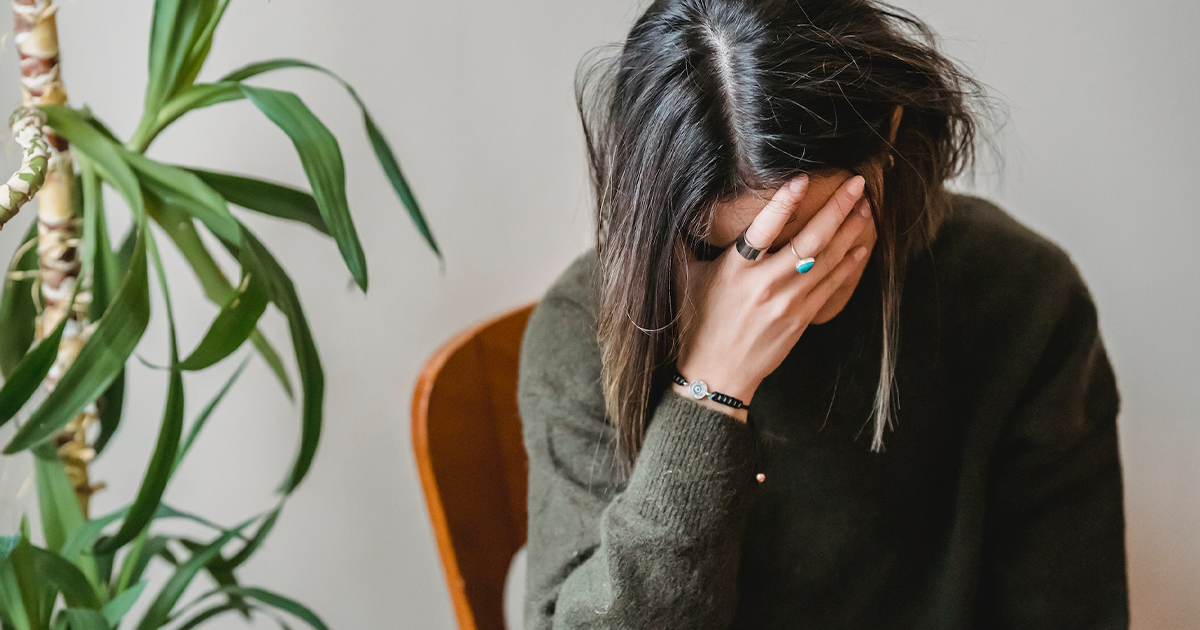Homophobia might be a lot more common than many realise.
Our latest Year13 YouthSense research has found just under a quarter (23%) of Gen Zs say they’ve experienced homophobia in the past year.
It was also found found that 32% of LGBTQIA+ youth are currently seeing a mental health professional for therapy compared to 13% of non-LGBTQIA+ youth.
So away from the numbers what does this homophobia actually look like in Australia today? Pretty ugly from some of the accounts we heard during our research which surveyed 1367 young people aged 15-24 nationally, 32% who identified as being LGBTQIA+.
Warning: This article references experiences of homophobia, hate crimes, and sexual harassment that may trigger or cause distress to some readers.
A 22-year-old non-binary person from NSW told us how they’d suffered homophobic attacks at work.
“I was previously working in a bar when a patron found out I was gay – he then jumped the bar and put me in a headlock while threatening to kill me,” they said.
“I was scared to return to work but because I’m supporting myself I had no choice, which really impacted my mental health.”
A 15-year-old male from Victoria said they had experienced homophobia since they were in primary school.
“I’ve been called the ‘f’ slur by two people in my class this year and I know that everyone talks about my sexuality behind my back other than my friends,” they said.
“I don’t feel fully accepted or safe and I haven’t even officially ‘come out’ to everybody.”
Meanwhile homophobia forced a 17-year-old non-binary person from South Australia to change school several times.
“I’m really struggling because of how my schooling has been affected with the constant bullying and homophobia I was experiencing just trying to do my school work, just trying to be me,” they said.
“(The homophobia was so bad) that it forced me to change schools a lot, so I’ve missed out on a lot of learning due to different schools having different ways of the education being taught.”
The homophobia a 15-year-old male from South Australia has experienced has made him unable to leave the house.
“Homophobia and the associated assault and threats have taken a huge toll on my life,” he said.
“Now I barely leave my house to go on public transportation by myself and I’m even scared to do so with friends. So most of the time I now just trap myself in my room with my feelings.”
According to the Rainbow Project, Internalised Homophobia “happens to gay, lesbian and bisexual people, and even heterosexuals, who have learned and been taught that heterosexuality is the norm and “correct way to be”.
“Hearing and seeing negative depictions of LGB people can lead us to internalise, or take in, these negative messages and manifests itself in varying ways that can be linked to mental health.”
An 18-year-old male from Queensland explained his battles with internalised homophobia amongst his straight friend group.
“When I was younger and just coming out (14/15 years old) I found that I was always uncomfortable in social settings because I was worried that people would judge me for presenting myself in a more feminine way than other boys,” he said.
“Although I regularly face it, overt homophobia interestingly doesn’t bother me, it’s more my internalised homophobia and general ‘fitting in’ with my straight friends that I found taxing on my wellbeing.
“This has been my biggest challenge for years and still is now.”
An 18-year-old male from NSW told us how he used homophobia to fuel his want to create social change.
“The discrimination I’ve faced in the past (homophobia, transphobia) has led me to become the person I am today,” he said.
“All of the anti-trans bills and discourse I’ve seen this year has given me more perspective and now I feel more passionate about what I want to contribute to – social work, helping LGBTQIA+ youth like me, activism.
“I spent my adolescence being ashamed and guilty and quiet, but now as an adult, I feel empowered and self-confident and open to new experiences, which is mostly because of what 2022 and my past has presented me with.”
If you, or someone you love, is struggling with their mental health, contact Lifeline on 13 11 14. More information and support with mental health is available at Beyond Blue.org.au and on 1300 22 4636. Embrace Multicultural Mental Health supports people from culturally and linguistically diverse backgrounds.






